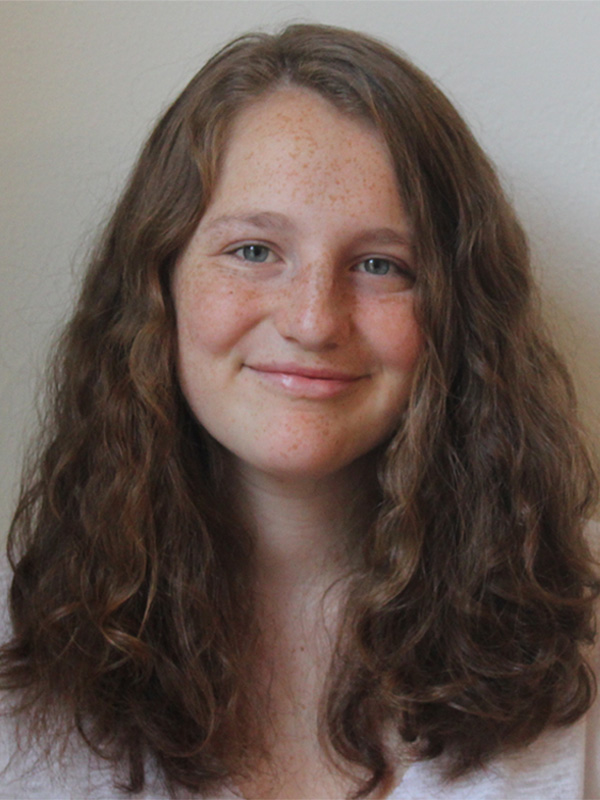Zoë Affron is a senior in the College of Arts and Sciences from Philadelphia. She is majoring in both English and Environmental Studies. She is especially interested in 20th-century literature and environmental humanities, as well as the intersection of those two fields. Her work as a Wolf Humanities Center Undergraduate Fellow and for her Environmental Studies senior thesis focuses on literary ecocriticism. More specifically, she is exploring the varied treatment of nature and the environment by several early 20th-century modernist writers.
Zoë Affron
Wolf Humanities Center Undergraduate Fellow
2022—2023 Forum on Heritage
Zoë Affron
English, Environmental Studies
Modernist Ecologies: The Short Fiction of E.M. Forster and Virginia Woolf
Literary modernism has a particular association with urban spaces and aesthetics. A product of the early 20th century, modern writing often reflects the technological and industrial advancements of the era. Yet, though not always as explicitly, many of these same texts also engage closely with questions regarding some element of the natural world, ranging from wilderness to climate to resource conservation. This project identifies trends in the treatment of environmental concerns by members of the Bloomsbury Group, a leading collective of writers, artists, and intellectuals active in early 20th-century London. It does so through a close analysis of two works of short fiction by prominent members of the group: “The Machine Stops” (1909) by E.M. Forster and “Kew Gardens'' (1919) by Virginia Woolf. These stories are set in remarkably contrasting environments, as Forster explores the relationship between humans and nature in a dystopian, mechanical world, while Woolf does so in the context of a real, natural ecosystem. I argue, however, that both authors use distinctly modernist writing practices and perspectives to reject normative literary standards of setting, probability, and individual anthropocentrism in their environmental narratives, as required by contemporary writer Amitav Ghosh in The Great Derangement: Climate Change and the Unthinkable (2016.)



